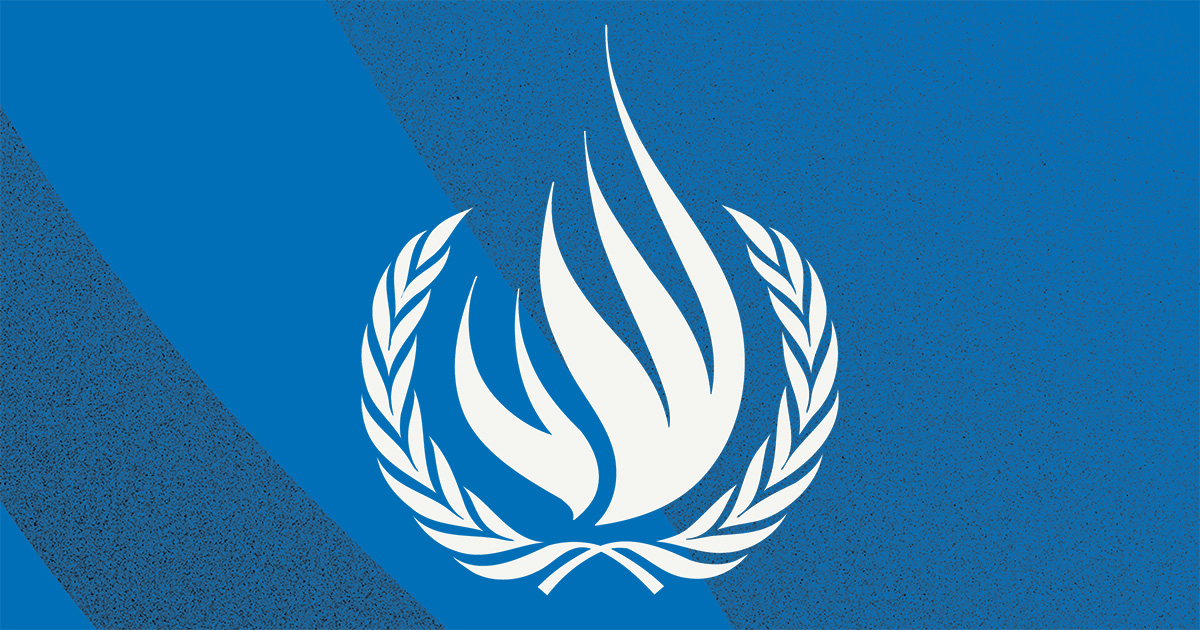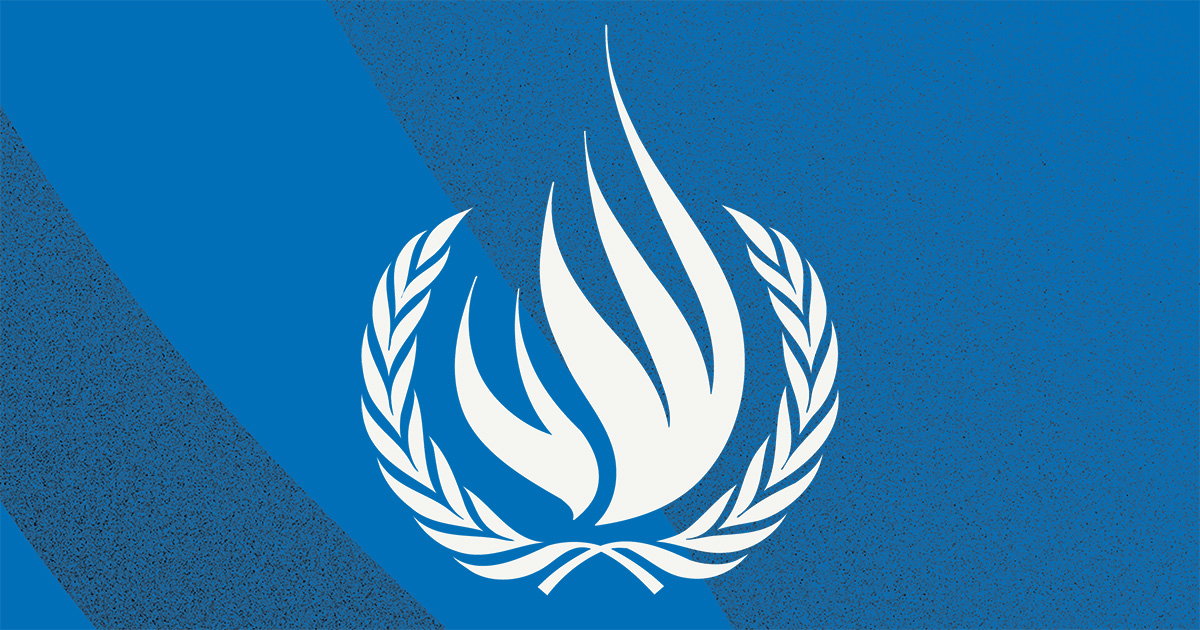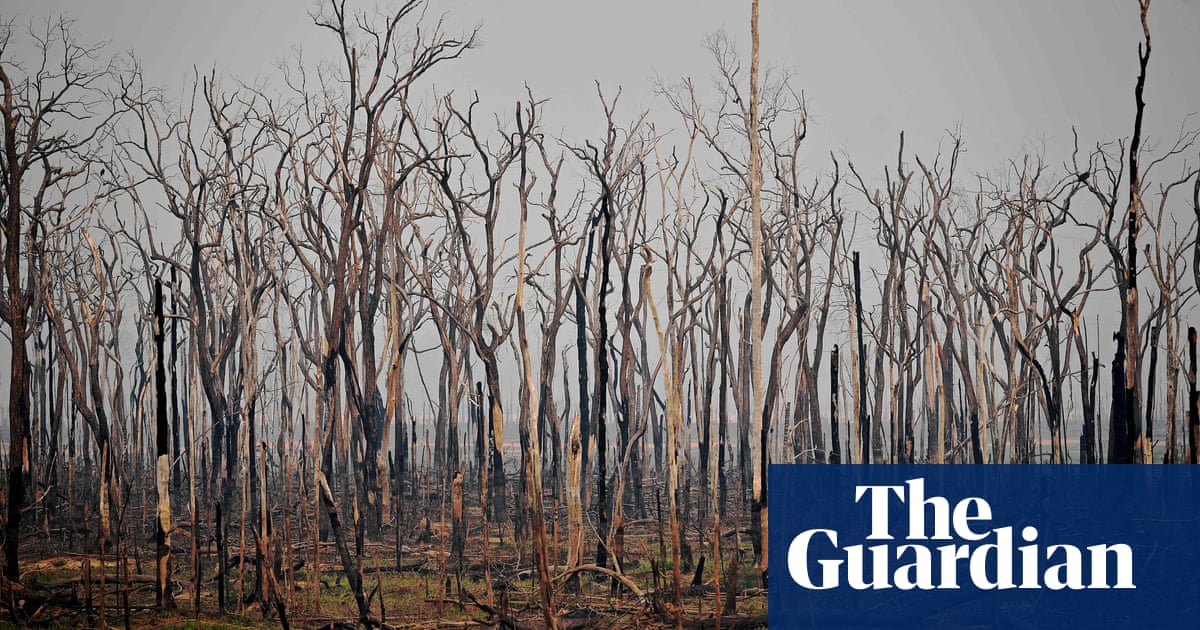
GENEVA (23 September 2022) – UN human rights experts said they are concerned over the lack of adequate redress for victims of racial discrimination and systemic racism in Irish childcare institutions between the 1940s and 1990s. While welcoming the Irish government’s “Action Plan to provide tangible benefits for Survivors and Former Residents of Mother and Baby and County Home Institution”, the experts issued the following statement:
“We sent an allegation letter to the Irish Government in April 2022 expressing concern that children of African and Irish descent were subjected to differential treatment because of their race, colour and/or descent, leading to further violations of their human rights. In its response to the allegation letter, the Irish Government referred to the official State apology offered on 13 January 2021 in which the State recognised that the “additional impact which a lack of knowledge and understanding had on the treatment and outcomes of mothers and children with different racial and cultural heritage […].[S]uch discriminatory attitudes exacerbated the shame and stigma felt by some of our most vulnerable citizens, especially where opportunities for non-institutional placement of children were restricted by an unjust belief that they were unsuitable for placement with families”.
According to the information received, systemic racism in childcare institutions has resulted in the higher institutionalisation rate of children of African and Irish descent. Because of their prolonged time in institutions, these children were exposed to heightened risk of corporal punishment, sexual abuse, and physical and verbal abuse, with life-long consequences, including on their right to enjoy the highest standard of physical and mental health. Some of them were also subjected to vaccine trials.
These individuals had their childhood stolen because of the racial discrimination and systemic racism that prevailed in the childcare institutions at the time. We are seriously concerned over the severe and continuing effects that racial discrimination and systematic racism have had on the lives of the adults who are currently seeking redress.
Under international law, States have an obligation to ensure accountability for past human rights violations and provide full reparation to the victims, when these violations still have effects.
The State apology is an important element of the restorative justice process, but it is not enough. We call on the Irish government to take further action to provide those who were subjected to differential treatment in childcare institutions with effective remedies. Any redress scheme must recognise and provide redress for all the human rights violations perpetrated against children during the entire duration of their stay in Irish institutions, including Mother and Baby Homes, industrial schools, reformatories, Magdalen Laundries and analogous institutions, as well as life-long impacts.
The proposed Bill Payment Scheme provides a unique opportunity to provide redress for the harms caused due to racial discrimination and systemic racism to which children of African and Irish descent were subjected,” the UN experts concluded.
The experts:
Ms. Catherine S. Namakula (current Chair), Ms. Barbara G. Reynolds (Vice Chair), Ms. Dominique Day, Mr. Sushil Raj and Ms. Miriam Ekiudoko, Working Group of Experts on people of African descent
Ms. E. Tendayi Achiume, Special Rapporteur on contemporary forms of racism, racial discrimination, xenophobia and related intolerance
Ms. Tlaleng Mofokeng, Special Rapporteur on the right of everyone to the enjoyment of the highest attainable standard of physical and mental health
Mr. Saad Alfarargi, Special Rapporteur on the right to development
Mr. Fabian Salvioli Special Rapporteur on the promotion of truth, justice, reparation and guarantees of non-recurrence
Special Rapporteurs are part of what is known as the Special Procedures of the Human Rights Council. Special Procedures, the largest body of independent experts in the UN Human Rights system, is the general name of the Council’s independent fact-finding and monitoring mechanisms. Special Procedures mandate-holders are independent human rights experts appointed by the Human Rights Council to address either specific country situations or thematic issues in all parts of the world. They are not UN staff and are independent from any government or organization. They serve in their individual capacity and do not receive a salary for their work.
UN Human rights country page: Ireland
For more information and media requests please contact: Christina Saunders (+41 (0)22 / 9289197) or write to christina.saunders@un.org.
For media inquiries related to other UN independent experts please contact Renato Rosario De Souza (renato.rosariodesouza@un.org) (dharisha.indraguptha@un.org)
Follow news related to the UN’s independent human rights experts on Twitter: @UN_SPExperts.
Concerned about the world we live in?
Then STAND UP for someone’s rights today.
#Standup4humanrights
and visit the web page at http://www.standup4humanrights.org








